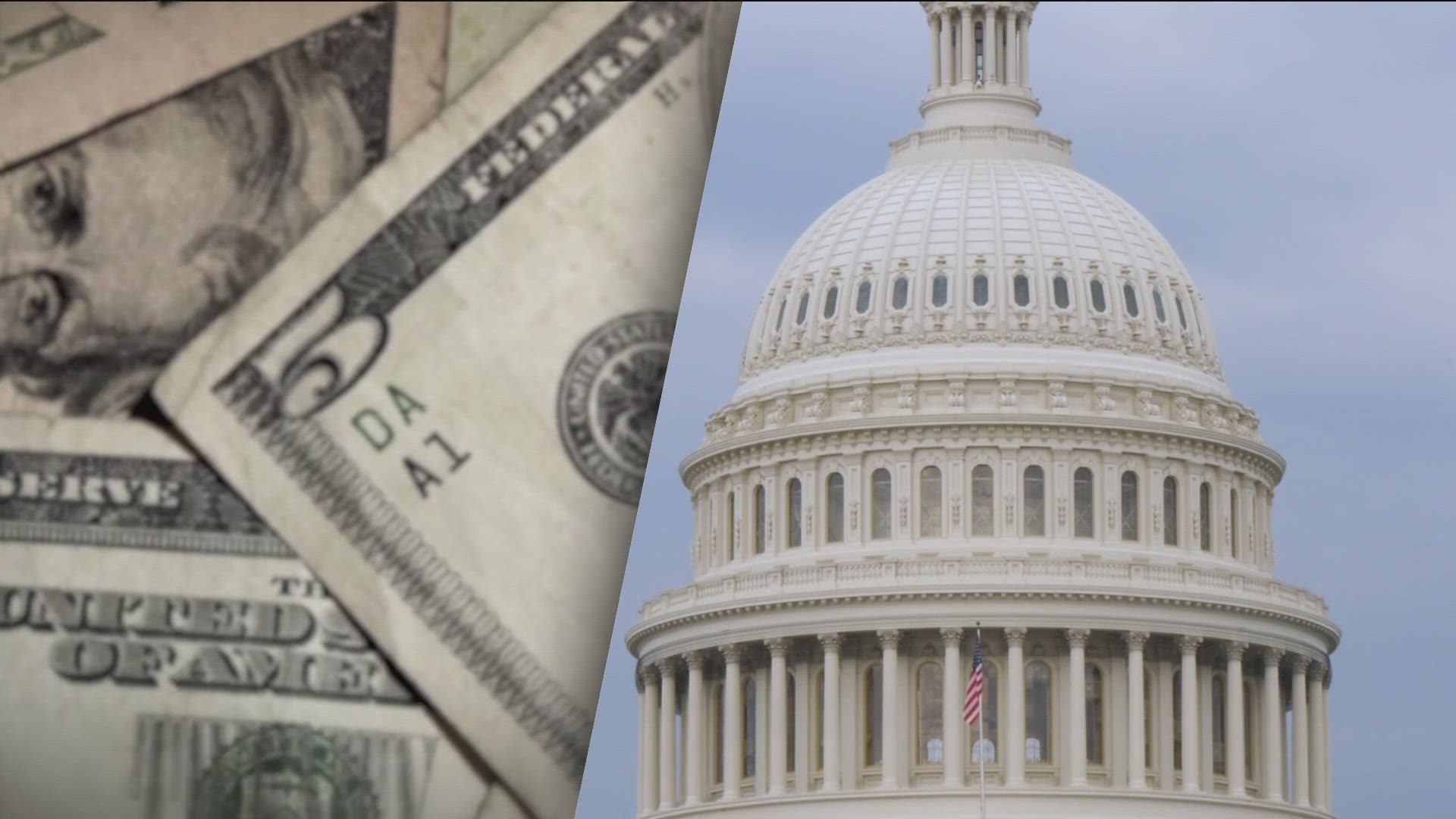SAN DIEGO — San Diegans have already started voting in the March primary and there's one proposition on the ballot that asks voters to decide on a multi-billion dollar bond.
What is a bond?
So what exactly is a bond? And who pays for it? Working for you, we answer those questions - not to convince you how to vote - but to give you the information you need to make an informed decision.
Simply put, bonds are like a mortgage on a house. Government agencies borrow a specific amount of money which then must be repaid over time.
“The idea with bonds, is that they're investments that will help the state grow and develop,” said Thad Kousser, a Political Science Professor at UC San Diego.
Bonds pay for things like roads, educational infrastructure, and water projects.
“Give or take a few percentage points, about 5% of our budget every year goes to bonds.”
What to know about Prop. 1
Taking a closer look at Proposition 1 in the March primary, it would have the state borrow and spend $6.4 billion. Two billion of that is aimed at homelessness. That'll go into a state program that uses existing hotels and motels to house people. It also builds some new housing units. The bigger slice would pay for new facilities for mental health and addiction treatment.
The $6.4 billion in bonds would be repaid in the government's version of taking out a 30-year mortgage. The payments plus interest will cost about $310 million a year according to the state's analyst.
How do we pay for it? Proposition 1 has no new taxes. In fact, it has no plan at all to pay these bonds. It would come out of the state's regular budget.
“Prop 1 works exactly like nearly every bond in California does,” Kousser said. “It says this won't raise your taxes, specifically, it'll just add to the overall debt level the state has to pay.”
Since Proposition 1 is a statewide vote, it only needs a simple majority to pass. Local bonds have a higher threshold depending on how the money will be used - ranging from 55% up to a 2/3rds vote.
Those local bonds will most likely show up on your property tax bill. In fact, you're probably paying on dozens of them right now.
“Californians are generally quite open to passing bonds through the proposition process and about 2/3rds of the bonds that come up before voters on their ballot are supported,” Kousser said.
Several more bond-related measures are already moving forward with the goal of being placed on the November ballot.
At CBS 8, we are always Working for You and our community. This is a station promise that we will go the extra mile to solve a problem our audience can’t solve themselves. We want to hear your ideas on how we can cover and help our community. If you have a story idea, please email us at workingforyou@cbs8.com.
WATCH RELATED: Super Tuesday 2024 | Breaking down the Presidential Primary a week before the election

